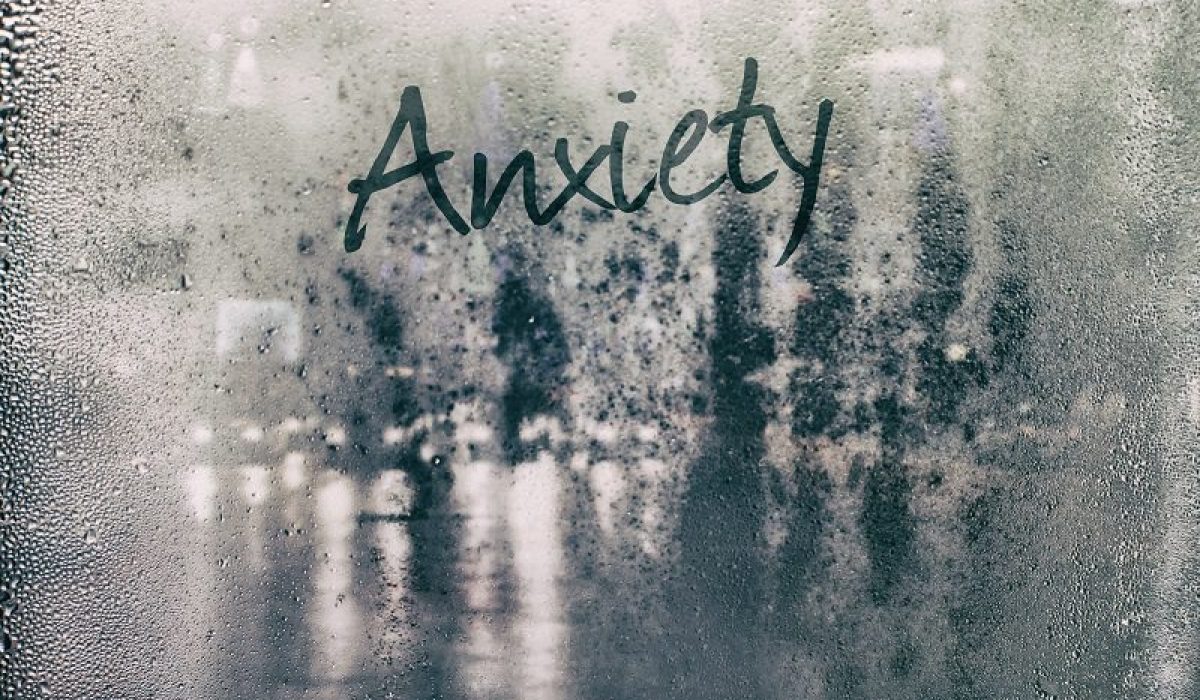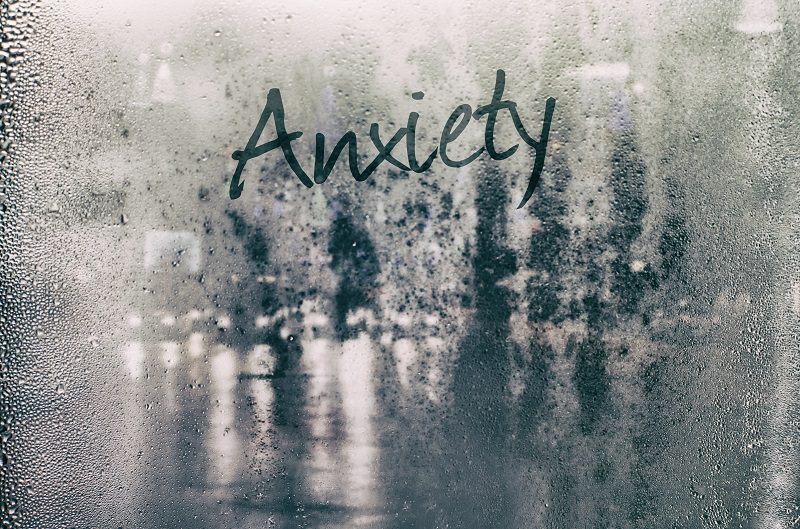
Anxiety disorder is one of the most common mental health issue in the U.S., affecting at least 40 million adults age 18 and older. Anxiety symptoms can manifest after stressful situations or a trauma, genetic factors and other medical issues. Anxiety can be co-occurring disorder with obsessive-compulsive disorder (OCD), depression, and substance abuse. A wide range of therapies are available to treat anxiety disorder symptoms, for example, medication management, exercise, meditation, etc. Mental health counseling holds a prominent place in the treatment. In fact, mental health counseling has been identified as the most popular and the widely-used method to help people who are dealing with the frustrating symptoms of anxiety.
What are the symptoms of anxiety?
Before we talk about the treatment options, it is important for you to have a better understanding about the symptoms of anxiety. The most common symptoms of anxiety include continuous obsessive thoughts, constant feeling of panic and fear, and irregular sleep patterns. In addition, you might have some other uncommon symptoms such as tingling, numbing, difficulty in breathing, nausea, dizziness and palpitations.
What factors can lead a person towards anxiety disorders?
A wide range of factors contribute towards anxiety disorders. Including drugs, genetic factors, brain chemistry, environment and many more. Out of all these factors, stress plays a major role behind anxiety. A professional mental health counselor, a doctor or a psychiatrist will be able to complete an evaluation with you to determine if you are suffering from anxiety, intensity of your symptoms and possible treatment recommendations. If you get to know that you are having anxiety, you don’t need to worry because anxiety disorder is treatable. Plenty of options are available for the people to get their lives back to their base functioning.
How Anxiety Counseling can help you?
An evaluation with a mental health professional or a psychiatrist can assist in exploring factors, triggers and impact of anxiety disorder on your life. Anxiety treatment or therapy can help you identify dysfunctional patterns if you are not managing or coping with your life stressors in a healthy way. For example, people affected with anxiety disorder tend to get overwhelmed by emotions too quickly and respond by shutting down or becoming defensive easily. In addition, showing negative reactions or feelings towards unpleasant situations instead of problem solving.
People who are dealing with anxiety symptoms tend to cope up the negative reactions by avoiding experience or situations that can make them anxious. However, avoidance has the ability to feed and exacerbate anxiety. Therefore, these dysfunctional patterns are addressed during anxiety treatment.
In order to get the best out of anxiety therapy, patients need to carefully seek the assistance of skilled and experienced counselor or therapist. You want to find a therapist who has the education and specialized training (most commonly used is Cognitive-Behavioral Therapy (CBT)) in providing counseling for anxiety disorders.
The effectiveness of CBT in anxiety treatment?
Cognitive Behavioral Therapy (CBT) is an evidenced-based treatment for anxiety disorder. Individuals who go through CBT would get the opportunity to identifying how their thoughts created in their minds contribute towards anxiety symptoms. CBT provides the education to start changing the thought patterns. This is an effective method available to reduce the intensity associated with anxiety symptoms. In addition, Cognitive Behavioral Therapy has the ability to help individuals learn the techniques that can be used in order to minimize undesired behaviors that are product of anxiety disorder. Moreover, with guidance of a professional counselor, you would be encouraged to approach situations and activities that have the ability to provoke anxiety.
What can you expect out of mental health counseling?
Before you visit a therapist in order to receive counseling for anxiety, it is important to have a clear understanding about what to expect. Mental health counseling can simply be defined as a confidential and collaborative process. That’s because the client and counselor work together in order to evaluate the specific concerns. Then it would be kept as the foundation in order to develop personalized and concrete techniques and skills, which can be used to cope up with anxiety in an effective manner. Clients can also expect to learn new skills on their own, apart from the ones that were recommended by the therapist. However, it is important to keep in mind that therapist are not pushing the client into difficult scenario, until they make sure that the client is in a position to cope up with the condition on their own. Client will be in-control and in-charge of their own goals and therapist is there for guidance.
The type of treatment offered to cope with anxiety symptoms would differ from one person to another. For example, therapist would move ahead with one-on-one treatments for a specific person whereas they may recommend group psychotherapy for others. Both these methods have the ability to deliver effective results based on the condition.
Does your friends or family members describe you as constantly worried and anxious? Do you experience a rapid heartbeat, sweating, turning red when facing certain situations or places? Do you imagine worst case scenario that prevents you from enjoying things? Do you avoid people, places and activities due to a fear or worry? If your answer to above questions is “yes’, you could be suffering from anxiety. However, you don’t need to worry because anxiety symptoms are treatable and mental health counseling can help you feel like yourself again. Therapy is done in a confidential, safe and supportive environment. You can schedule an evaluation with a mental health counselor or a therapist to learn more about your options to treat anxiety disorder or symptoms.


